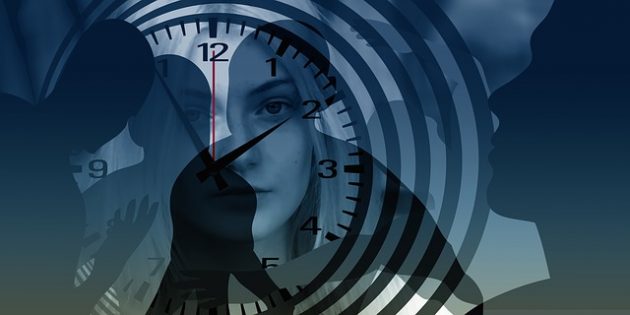Reading The News Does Help
As usual this morning I listened to RTVE radio whilst I had my breakfast and explored the Noticias pages.
Once again I was able to make sense of what was going on in a couple of stories. I did this just by piecing together clues coupled with words I knew and the context of words that look familiar.
Of course this is easier with Spanish where there are a lot of similar words to English. It would probably by much harder with languages that are more distant from English or that used a different form of alphabet.
There were a couple of stories that stood out.
It is a shame that the news is all full of doom and gloom but that is one of the downsides of relying on something that changes by the hour to test new language skills.
So I was able to understand that a father has confirmed his 22 year old son died at a football match and that 4 men are being held on suspicion of murder.
In another story an 18 month old baby died at a Madrid nursery. The emergency services were called and when they arrived they found the child had breathing problems and tried to resuscitate it but couldn’t (not sure of the gender of the baby) .
All doom and gloom. Reading this even in Spanish makes you wonder at the state of the world.
However I am not here to comment on the way the world is, I am here to learn to speak and understand Spanish.
Let’s examine the experience of understanding that happened this morning.
It is encouraging and the little dopamine hit of achievement I got will bring me back time and time again to keep seeing what else I can pick up.
I think I might start looking at the sports news or maybe the culture section to see if I can explore more positive writing.
Sometimes the Links Just Are Not Strong Enough
This morning I was recalling flash cards from Anki. I found there were a couple of words that I had created images for, but could not recall what they meant.
“Sordo” was one of them.
The image I had created was someone Sawing (SOR-) through dough (-DO).
This image was strong and as clear as day and came to mind the moment I saw the word sordo.
BUT I couldn’t “see” the link to what it meant.
There was a vague recollection of something going on in the visual imagery, but it was not strong enough to recall the meaning.
I know this will happen.
Even as someone who was a seasoned memoriser of stuff back in the day.
In the world championships when I was remembering packs of cards or horrendously long numbers, I had a routine.
First of all I did the initial memorisation. Then I’d go back a little later to confirm and or/strengthen the imagery I had created.
It was the only error free way to take in a mass of information. The approach acted as a catch all to sweep up any weak images.
So sometimes when you have created the imagery, it will not be strong enough to carry forward to the next review.
That’s ok.
That is why we have a spaced repetition system. It will allow you to embed words into your long term memory. It will also to give you multiple bites at the cherry to make sure you do get it in your memory in the first place.
The beauty of Anki is that you are able to tell it when you have got something wrong and then it will reschedule that card more frequently for you… UNTIL you get it right.
Create a Routine
When you first start learning new words, you will only need to spend a short time recalling them.
However as time goes on you will need to combine recalling older words with learning new ones. It can quickly add up to a fair amount of time.
And then coupled with the new and existing words you are learning/reviewing, you also have to keep the hopper full i.e create new cards.
So it is good to develop a routine. Just a couple of weeks in, here is my routine:
After Breakfast – I do my daily review of the cards I have learnt. I don’t have to worry which ones to choose, Anki presents the ones I need to look at.
I add 20 new words a day so I would expect to have got through all of the words in about 30 days or so. That doesn’t mean I stop after a month because there is then the ongoing spaced repetition to ensure they are in the long term memory.
Lunch Time – At the moment I am still reviewing the pronunciation and the minimal pairs cards. So I schedule review periods at lunch and sometimes towards the end of the afternoon depending on my schedule.
Evening – I will schedule an hour during the day to add new cards, usually in the evening.
At the moment that process is still quite mechanical because I am just processing the 625 word list which will take a couple of weeks to create cards for.
Eventually I will also start looking at adding more vocabulary and then start playing with grammar.
But for the moment, this is what I am doing.
And it appears to be working,








Leave A Response